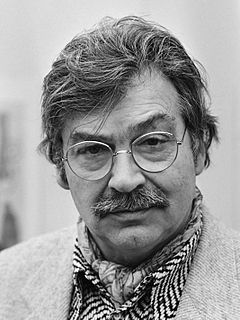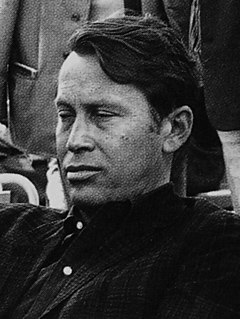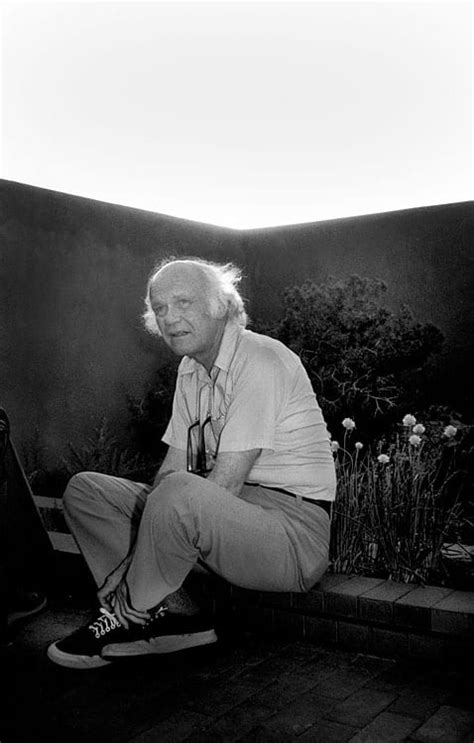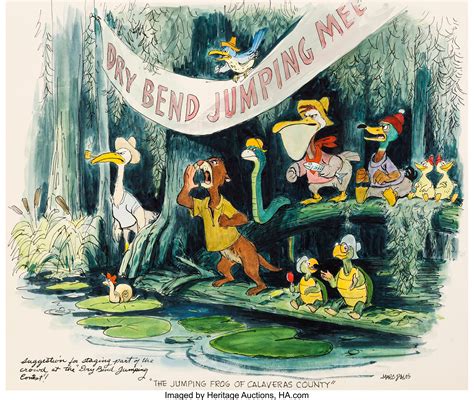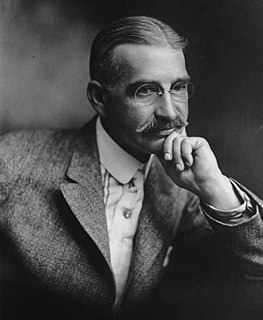A Quote by Octavio Paz
Walt Whitman is the only great modern poet who does not seem to experience discord when he faces his world. Not even solitude - his monologue is a universal chorus.
Related Quotes
When I was young I once found a book in a Dutch translation, 'The leaves of Grass'. It was the first time a book touched me by its feeling of freedom and open spaces, the way the poet spoke of the ocean by describing a drop of water in his hand. Walt Whitman was offering the world an open hand (now we call it democracy) and my 'Monument for Walt Whitman' became this open hand with mirrors, so you can see inside yourself.
The spiritual kinship between Lincoln and Whitman was founded upon their Americanism, their essential Westernism. Whitman had grown up without much formal education; Lincoln had scarcely any education. One had become the notable poet of the day; one the orator of the Gettsyburg Address. It was inevitable that Whitman as a poet should turn with a feeling of kinship to Lincoln, and even without any association or contact feel that Lincoln was his.
It is only in his work that an artist can find reality and satisfaction, for the actual world is less intense than the world of his invention and consequently his life, without recourse to violent disorder, does not seem very substantial. The right condition for him is that in which his work in not only convenient but unavoidable.
As a guy develops and practices his masculinity, he is accompanied by an invisible male chorus of all the other guys, who hiss orcheer as he attempts to approximate the masculine ideal, who push him to sacrifice more of his humanity for the sake of his masculinity, and who ridicule him when he holds back. The chorus is made up of all the guy's comrades and rivals, his buddies and bosses, his male ancestors and his male cultural heroes--and above all, his father, who may have been a real person in his life, or may have existed only as the myth of the man who got away.
Familiarity with any great thing removes our awe of it. The great general is only terrible to the enemy; the great poet is frequently scolded by his wife; the children of the great statesman clamber about his knees with perfect trust and impunity; the great actor who is called before the curtain by admiring audiences is often waylaid at the stage door by his creditors.
Great lecturers seldom hesitate to use dramatic tricks to enshrine their precepts in the minds of their audiences, and at Yale perhaps Chauncey B. Tinker was the most noted. To read one of his lectures was like reading a monologue of the great actress Ruth Draper--you missed the main point. You missed the drop in his voice as he approached the death in Rome of the tubercular Keats; you missed the shaking tone in which he described the poet's agony for the absent Fanny with him his love had never been consummated; you missed the grim silence of the end.

